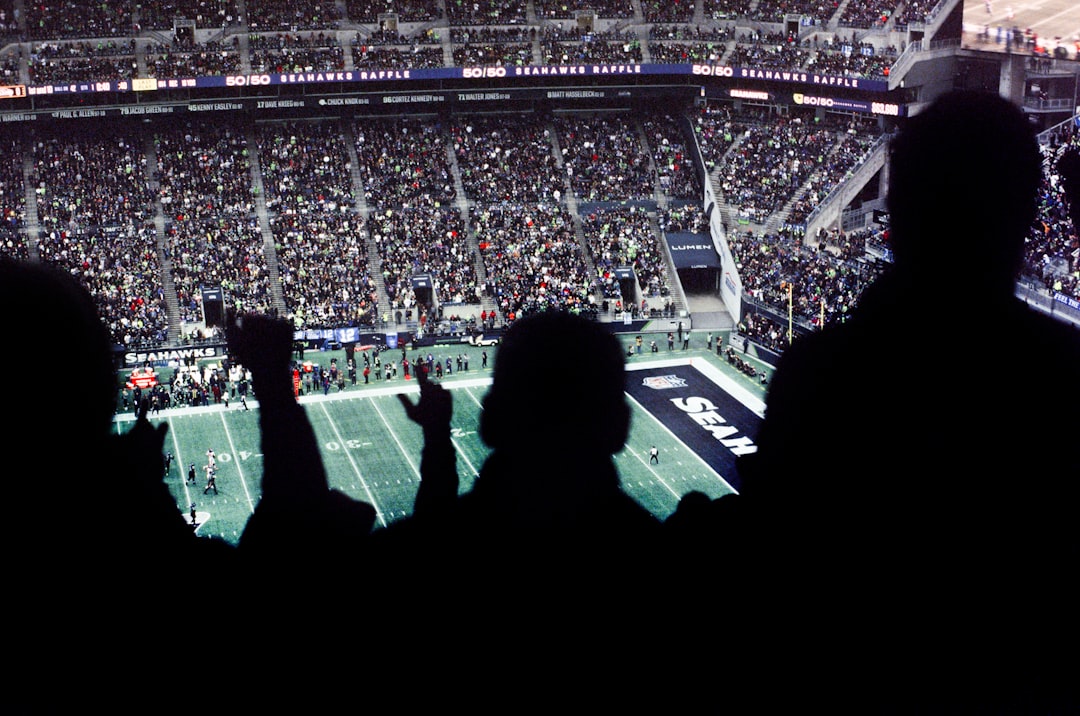The Super Bowl is typically associated with jubilant celebrations, flashy halftime shows, and the thrilling culmination of a grueling football season. But sometimes, what starts as a day of excitement and festivity can take a dramatic emotional turn. Whether due to unexpected losses, injuries, or real-life events casting a shadow over the game, the Super Bowl has occasionally left fans feeling something other than joy.
When the Cheers Turned to Tears
Each year, millions tune in to watch the Super Bowl, transforming it into more than just a sporting event — it’s a cultural phenomenon. But beneath the glitz and glamour, there have been moments that caught viewers off guard, unexpectedly shifting the mood from jubilance to heartbreak.
One such moment etched in many fans’ memories is Super Bowl XLIX in 2015. The Seattle Seahawks were on the verge of back-to-back championships, just one yard away from victory. Instead of handing the ball to their powerful running back Marshawn Lynch, the team opted for a risky pass. It was intercepted by Malcolm Butler of the New England Patriots, sealing the game in a stunning, almost surreal, fashion. For Seahawks fans, the joy of anticipated victory instantly morphed into crushing disappointment.

The Power of the Halftime Pause
While the game itself provides the main storyline, halftime shows have also played a role in the emotional contours of Super Bowl Sunday. In some years, performances have elevated spirits, but at other times, they’ve touched on poignant themes that echo far beyond the stadium.
Take Super Bowl XXXVI in 2002, held just months after the tragic events of 9/11. That game between the St. Louis Rams and the New England Patriots was drenched in emotion. U2’s halftime performance was less a concert and more a tribute, featuring a scrolling list of victims’ names while Bono opened his jacket to reveal an American flag. For many, it was an emotionally charged moment that captured the nation’s collective grief and resilience.
Injuries That Stunned the Stadium
Football is a physically demanding sport, and unfortunately, injuries are an inherent risk. But when a key player goes down during the Super Bowl, the emotional impact can be profound — not just for teammates but for millions watching.
During Super Bowl LII, Philadelphia Eagles quarterback Nick Foles stepped into the spotlight after starter Carson Wentz was sidelined by a season-ending injury before the big game. While Foles ultimately led the Eagles to a surprising victory, the moment was bittersweet, a reminder of both the brutality of the sport and the unpredictability of fate.
In other situations, such as when injuries seem especially severe or career-threatening, the game’s outcome becomes secondary to genuine concern for the athletes’ well-being.

Off-Field Events That Changed the Tone
The Super Bowl doesn’t exist in a vacuum. Sometimes, larger world events cast long shadows over the experience. For instance, in Super Bowl XXVII in 1993, the game itself was overshadowed by news of a tragic incident involving two young children in a hostage situation just hours before kickoff. The somber tone was palpable throughout the broadcast.
Similarly, in 2020, Super Bowl LIV occurred just days after the shocking death of NBA legend Kobe Bryant. The entire sports world was still reeling, and tributes poured in from players, announcers, and fans alike. Though the game featured high energy and historic performances, the sadness in the background was unmistakable.
Emotions Bind Us to the Game
Though often hailed as a festive occasion, the Super Bowl is also a mirror that reflects both the triumphs and the tragedies of life. Part of what makes the game so impactful is its ability to connect us to something larger — a sense of community, nostalgia, or shared experience.
Whether your team wins or loses, whether the halftime show inspires or quiets the crowd, or whether outside events color the atmosphere, the Super Bowl continues to evoke a broad emotional spectrum each year. The shift from joy to sadness — or back again — is what keeps it unforgettable.
- Unexpected plays can change the course of a dynasty.
- Off-field events may reshape the emotional undertone of the day.
- Injuries remind fans and players alike of the game’s human cost.
While touchdowns and trophies may headline the evening, it’s the rollercoaster of emotions — joy, sorrow, hope, and heartbreak — that gives the Super Bowl its enduring impact. And perhaps, that is exactly what makes it so much more than just a game.
